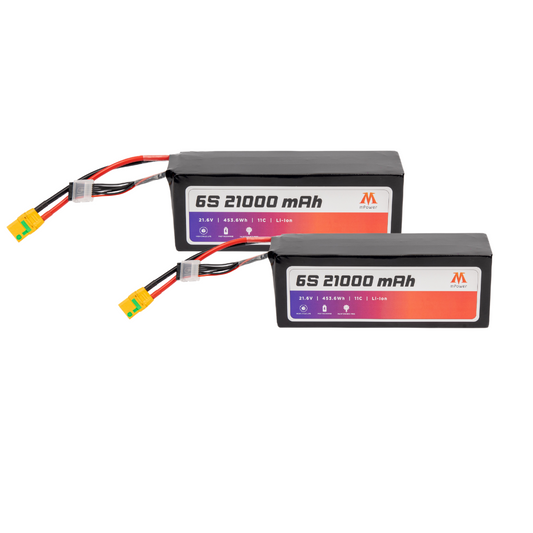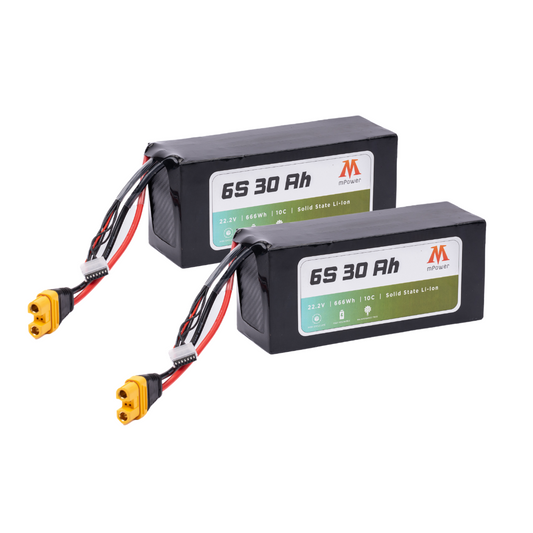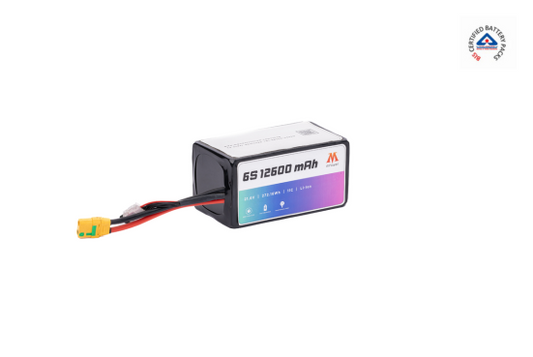
India is witnessing a meteoric rise in the drone sector. For those interested in technology or working in the industry who are eager to try something new, India has a lot to offer. However, a Remote Pilot License (RPL) is necessary for commercial drone activities, including aerial photography. Consequently, this licence is required for the lawful use of drones within Indian airspace. Join us as mPower walks you through the steps of getting an RPL in India, as well as drone pilot training costs, fees, and courses.
What is a Remote Pilot License (RPL)?
The Directorate General of Civil Aviation, the regulatory entity for civil aviation in India, issues a Remote Pilot License. The license permits the secure operation of drones in compliance with the nation's aviation regulations. Initially, you must complete appropriate training, pass the relevant examinations, and ultimately satisfy all of the regulatory guidelines established by the authorities.
Step-by-Step Process for Getting a Remote Pilot License
1. Eligibility Criteria
Before enrolling in a drone pilot course, it’s essential to ensure you meet the eligibility criteria. As per DGCA guidelines, you must:
- Be at least 18 years old.
- Have completed your Class 10th (Matriculation) education.
- Be medically fit with no visual impairments (must have a minimum vision of 6/6).
2. Choose a DGCA-Approved Training Organization
To get an RPL, you must enroll in a training program approved by the DGCA. The program will equip you with the necessary knowledge about drone operations, airspace regulations, and safety protocols.
The drone pilot training cost varies depending on the course duration, the training institute, and the equipment used during the program. On average, the fees range from INR 50,000 to INR 1,50,000. While some training providers offer basic courses, others provide advanced certifications. The more comprehensive the course, the higher the drone pilot training fees will be.
3. Complete the Drone Pilot Course
The drone pilot course generally includes several modules:
- Theory Modules: Cover topics such as aviation regulations, meteorology, and airspace structure.
- Practical Training: Provides hands-on experience flying drones in real-world conditions.
- Safety Protocols: Teaches you how to ensure safe drone operations and handle emergencies.
4. Pass the DGCA Exam
Once you complete the drone pilot course, you’ll need to pass a written and practical examination conducted by the DGCA. The written exam tests your theoretical knowledge, while the practical test evaluates your flying skills and ability to control the drone in various scenarios.
Upon successfully passing the exams, you will receive your Remote Pilot License, allowing you to fly drones commercially in India.
5. Renewing the License
The RPL in India needs to be renewed every 5 years. You can renew it by attending a refresher training program and passing a medical check-up to confirm your fitness to fly drones.
Factors Affecting Drone Pilot Training Fees
As mentioned earlier, the cost of drone pilot training can vary. A few factors influencing the drone pilot training cost include:
- Duration of the Course: Shorter courses may cost less, while more extensive programs will be more expensive.
- Type of Drone Used: Training programs that offer high-end drones for practice may have higher fees.
- Certification Level: Some institutions offer advanced certifications that can increase the overall training cost.
Drone Batteries and Its Role in Training
When selecting a drone training center, you should also consider the type of drones and batteries used. High-quality drones with reliable batteries are crucial for a safe and effective learning experience. One such trusted brand is mPower, known for providing high-performance drone batteries that ensure the drones used in training sessions operate smoothly. Using drones with reliable batteries can make a significant difference in both your learning experience and the quality of the training.
Conclusion
To get a remote pilot license in India, you need to study the subject, gain some hands-on experience, and follow all the rules and regulations. Invest exclusively in top-notch training because the drone pilot course you choose will determine your career. Working with top-tier drone gear, like mPower drone batteries, will also set you up for a fantastic educational journey.
Power your drone training with confidence—choose mPower batteries for reliable performance and extended flight time during your Remote Pilot License journey. Visit here now.











